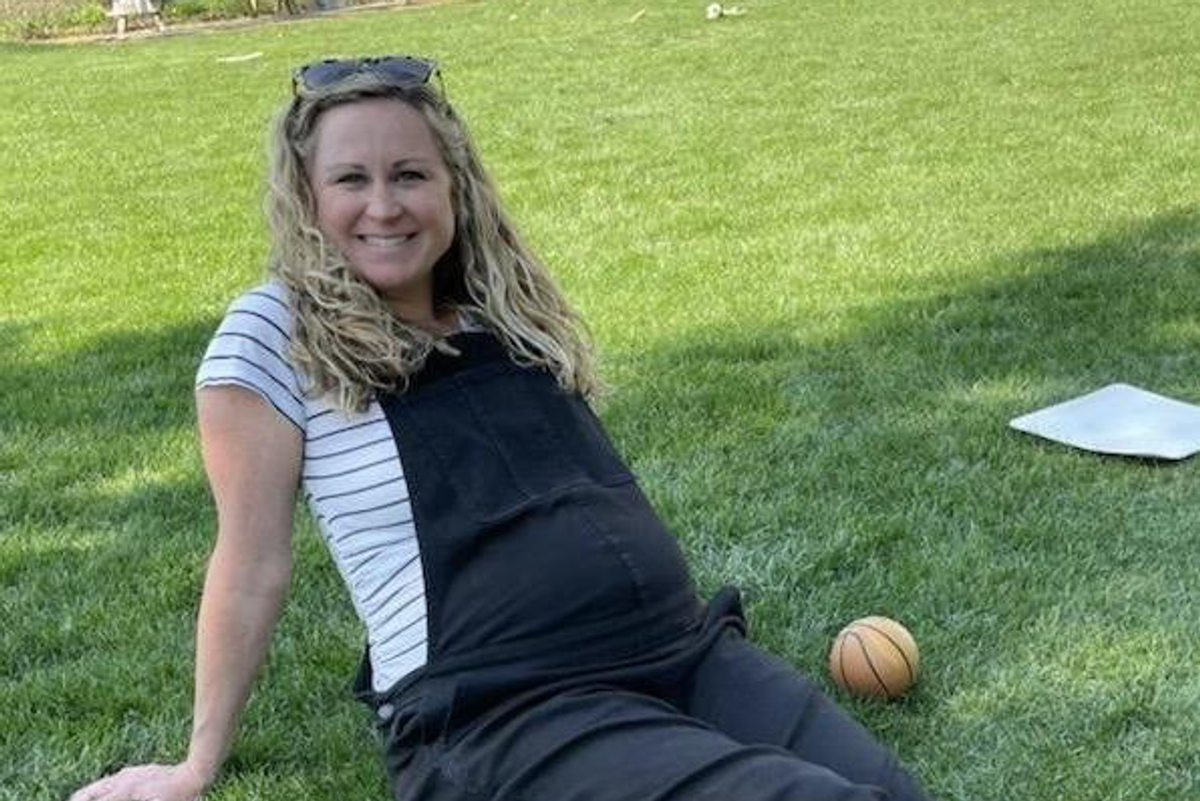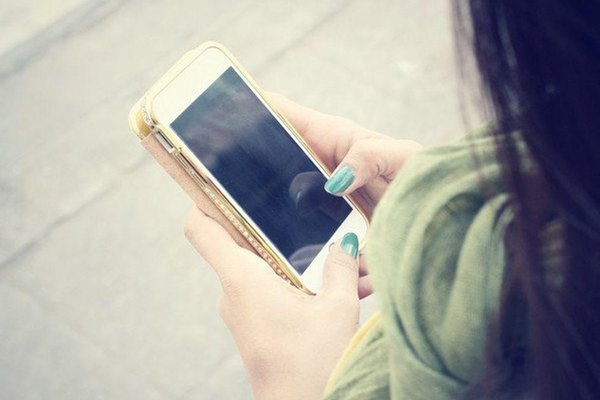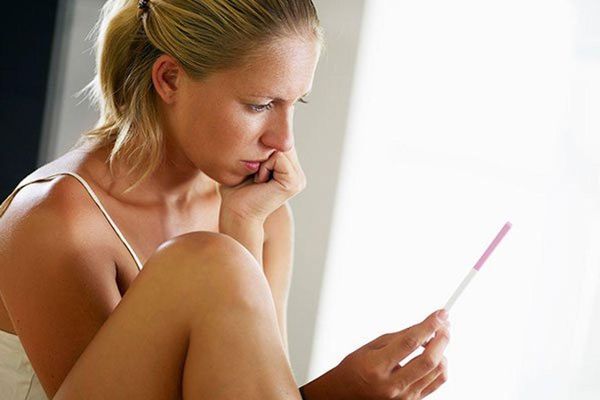As told to Liz Sauchelli
It started when my husband and I were constantly seeing tragic events on the news. We decided we needed to do something to bring a little joy into the world and to make it a better place for someone. We looked into a number of options including adoption, fostering and humanitarian trips, but nothing seemed to fit. Then I heard a commercial for a fertility clinic that was looking for surrogates, and I knew what we could do.
I had a co-worker who was a gestational carrier multiple times for one family: She was carrying their third baby when we started working together. I was inspired by her and had briefly looked into doing it myself years ago, but my husband and I weren't sure we were finished having our own children at the time. But this time, we were definitely finished growing our own family of two children, then ages 11 and 12. I talked to my husband that night, and I filled out applications for multiple surrogacy agencies the next day.
About a month later, I had an interview with a surrogacy agency, who told me they already had the perfect couple in mind for me. We met them a few months later, after I had undergone some preliminary medical exams to make sure I was healthy enough to carry a baby. We immediately knew we were a good fit. I was nervous at first — wondering if they would like me — but the mom-to-be, Lisa, tearfully hugged me and thanked me at the end of our first meeting, and I knew that was a good sign. Our match was confirmed by the agency the next day, which meant both couples wanted to proceed.
After that, we all had counseling sessions — separately and together — to make sure we were emotionally prepared. My husband and I discussed what we wanted to do with our children, who were initially excited but seemed to gradually become less interested through the long process. I started taking medication to prepare my body to carry their embryo, but then the Covid-19 pandemic hit, and everything was put on pause for a few months. Once the agency and our doctors deemed it safe, we restarted the in vitro fertilization cycle where I gave myself hormone shots so my body would accept an embryo made from the couple's genetic material. The embryo was then inserted into my uterus at a clinic, and I became pregnant in September 2020.
It was different from my first two pregnancies. I had my son when I was 24 and my daughter a year later. Now 37, my ankles swelled and I was very fatigued, which I didn't really experience when I was younger. It was also different emotionally. The first time I felt the baby move, I thought "Oh my gosh! I can't wait for your mommy to feel this!" I was always aware that the baby was the couple's, not mine.
I checked in with Lisa at least once a week. We also texted frequently and met in person when we could, as we were lucky to live only an hour away from each other. We all became good friends and always looked forward to seeing each other. Nothing ever felt forced. I was compensated financially for my time, all my medical costs were covered, and I was given funds to buy things like maternity clothes. The surrogacy agency handled all the finances, so money never affected our relationship.
We had a couple hiccups along the way. At 18 weeks, we found out that my cervix was shortening and I needed a cerclage — a procedure where my cervix would be sewn shut to stop me from dilating prematurely. When I got home, I told my husband and started to cry. I felt like I was letting everyone down, even though I knew it wasn't my fault. The couple had already been through so much trying to have a baby, and I hated to put this additional stress on them now that we were finally pregnant. That was the hardest day of the pregnancy.
After the cerclage, everything went pretty smoothly for a while until I gave birth. I delivered their son six weeks early, and he spent two weeks in the neonatal intensive care unit (NICU). The parents and my husband were both with me through the labor and delivery. Once I was discharged, we took turns with the parents visiting him at the hospital. I pumped breast milk for six weeks, which coincided with my maternity leave. There were a few days my husband and I sat around feeling sad, but it wasn't because the baby wasn't ours — it was because we were sad the experience was over.
When we shared those feelings with the parents, they said that wasn't the case. "We're family now," they told us. "You're going to see him grow up." When the baby was a few months old, they came to visit us and introduce him to our children. They were happy to meet him and said he was cute, but then they were off with friends doing their usual activities. I hope one day they realize how special this was and are inspired to do something special for another person.
If I could be a gestational carrier again, I would do it in a heartbeat. But because I delivered early and because of my age, I don't think I'll be able to do it again. Some people have told us they could never do what we did. But the thing is, when you're done being in "baby mode" yourselves, you really can. There is some difficulty in it, of course, because pregnancy and childbirth are not simple. But that's part of what makes it so great.
For people like us, who believe family is what makes the world go around, it was the most amazing gift we could give. Our kids are our life — and being parents has made our lives complete.
Now another couple has the same.







